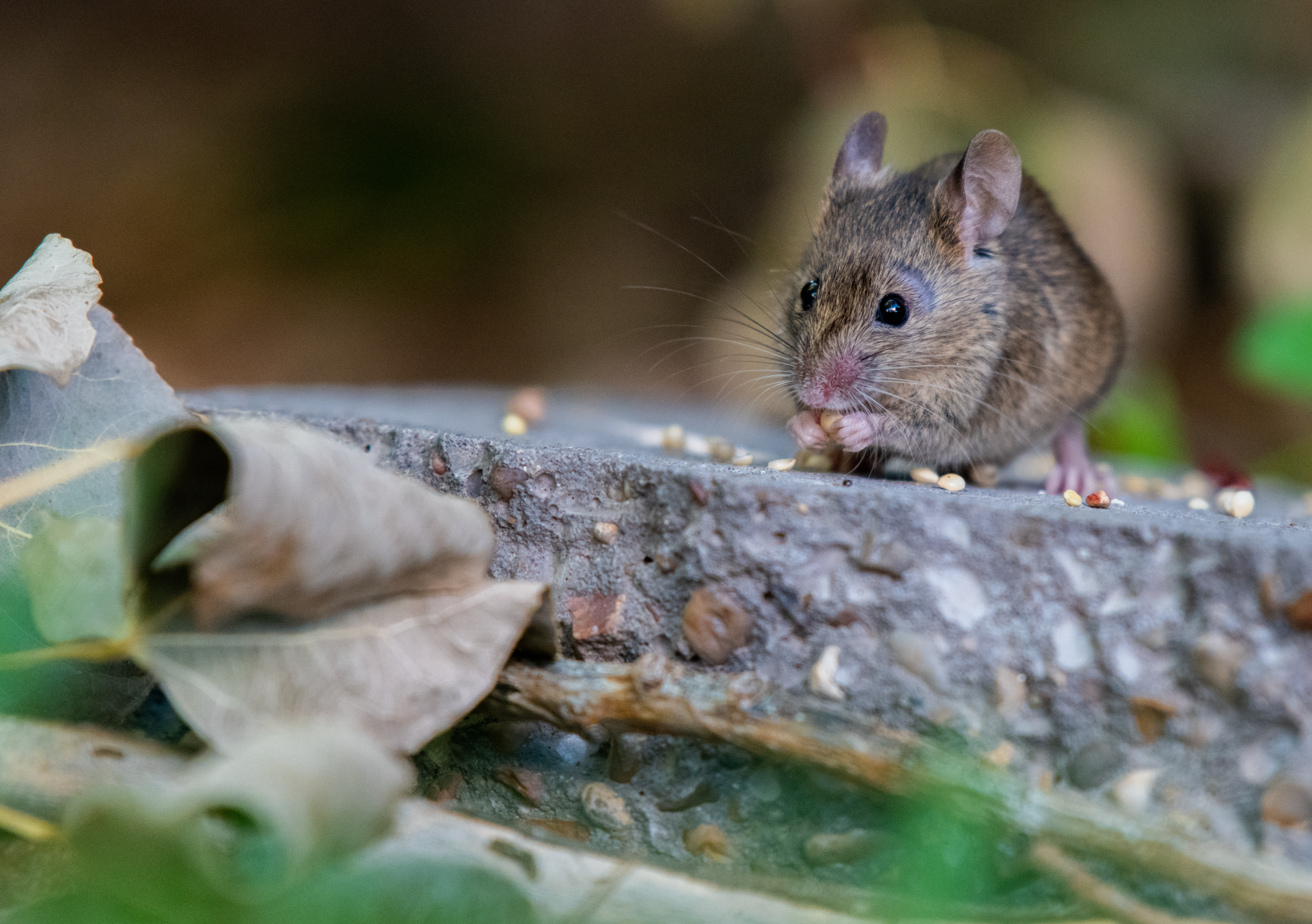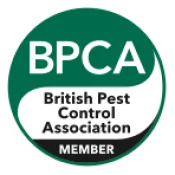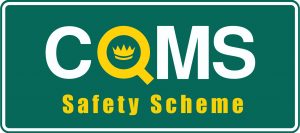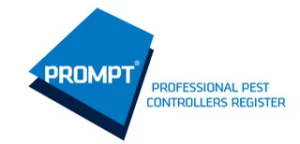Pest Control Mice

Pest Control Mice
There are six different species of mice in the UK. The two most common variety of mice are the house mouse and the field (or wood) mouse. Mice are active all year round as they do not hibernate.
Habitat wise, mice tend to choose spots where they are safe from predators such as birds, cats, foxes and rats. They seek warm, dry areas close to food sources. Internally this might be areas like roof spaces, wall cavities, under floors, basements, sheds, garages and even storage boxes. Externally they might nest in dry grass, rocks and crevices. Mice do not require large gaps and can often squeeze into crevasses as small as 5mm. If a neighbour has a mouse infestation it can spread very quickly to your property!
Mice for any kind of business are bad news! Putting aside reputational damage, there are economic, welfare and legal implications too. Food businesses are required to have adequate procedures in place to control pests under Regulation (EC) No 852/2004 and other businesses have general obligations to ensure a safe workplace for employees. Local authorities have powers under the Prevention of Damage by Pests Act 1949 and can serve notice or carry out works in default where property owners or others do not take steps to control pest activity.
How to Spot if you have an Infestation of Mice
There are some very distinctive signs to look for if you suspect you have a mouse infestation:
- Mice droppings look a lot like very small black grains of rice. Fresh droppings will be soft and moist. Mice will leave approximately 80 droppings per day – each! Common places to find mouse droppings are under the kitchen sink or low-level cupboards, around central heating boilers and in attics.
- Ammonia smell. Mice urinate to mark their territory, often this will be near a food source.
- Property damage, Mice gnaw constantly to keep their growing incisors the right size. Search for signs of damage to your carpets, furniture, wood, paper, pipes and cables. Fires and electrical faults are frequently attributed to an infestation of mice as they will gnaw through electric cables and pipes. It is also worth checking for signs of damage to your food packaging in cupboards.
- Nests: mice will build nests in warm locations, so check your airing cupboard, attic and under floorboards.
- Greasy smear marks on surfaces. As they brush past, the oils from their fur will transfer onto walls and other surfaces. Dark grey in appearance, this oily residue is another sign of an infestation.
Health Risks
Mice spread diseases to humans through their droppings, urine and bedding. Some of the more common rodent bourne diseases include:
- Weil’s disease
- Salmonella
- Listeria
- Tuberculosis
- Toxoplasma gondii
- Cryptosporidiosis
- Coli
- Foot and mouth disease
Pest Control Mice
Mice breed fast! A small infestation can quickly grow to a much larger problem. Typically, a female house mouse will give birth to a litter of 3-14 young at a time, the average size of a litter is 6-8. Each female will have 5 to 10 litters per year. Females reach sexual maturity at just 6 weeks. Whilst their life span is just a few months in the wild, in a safe environment, mice can live up to 3 years!
An infestation of mice is not something you should ignore, at iX5 Pest Control we have the experience, expertise and equipment to eradicate any infestation of mice. We will conduct a thorough survey and detail our recommended solutions, including advising on preventative measures. When determining how to pest control mice we use a range of strategies depending on various factors such as the location, the extent of activity, and any sensitive receptors or non-target species.
We offer mice pest control services for domestic premises and businesses in Northampton, Milton Keynes, Daventry, Rugby, Market Harborough, Towcester, Brackley, Wellingborough, Kettering, Corby, Olney and all of the surrounding areas. Our team of pest control specialists are available both evenings and weekends at no extra cost. Should you require assistance then call us on 01604 328545, email [email protected] or use our simple contact form.
iX5 Pest Control
- 7 Days A Week Service
- Weekend & Evening Appointments
- Domestic & Commercial Pest Control
- Contactless Payment Methods
- Comprehensive Initial Survey










